Cyberpunk 2077 seemed at once endlessly delayed and unforgivably rushed, throwing its development timeline into obscurity. Remember all those neon yellow announcements back in 2021?
Indeed, there have been few video game launches in recent memory more notorious, leading many to wonder just how long Cyberpunk 2077 took to develop. Here’s what we know.
How long did Cyberpunk 2077 take to develop?
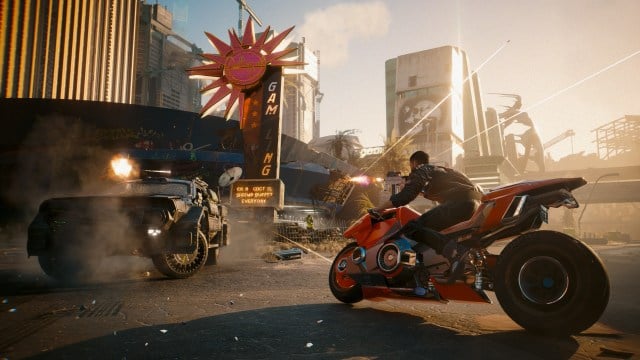
Cyberpunk 2077, contrary to rumors of protracted decade-long development hell floating around, only began development in 2016. Granted, it was first teased all the way back in early 2013 with a dazzling CGI trailer and a release date of “when it’s ready”, even before the release of CD Projekt Red’s industry-defining The Witcher 3.
This teaser, however, was simply a concept to attract investors and generate interest, as CDPR had yet to establish itself as the triple-A powerhouse it would become only two years later.
The Witcher 3 put CD Projekt Red on the map and gave the studio the capital and resources necessary to leap fully into Cyberpunk 2077’s development immediately after the 2016 release of The Witcher 3’s final expansion, Blood and Wine.
As the years of development wore on, however, it became apparent that an undertaking of the scale and detail promised by the game’s subsequent marketing would require more time, but with the aforementioned investors looking to recoup, there was only so much time the infamous delays could buy them—and only so much more CDPR could squeeze out of its overworked employees. Cyberpunk 2077 launched in 2020 after four years of active development, but that was far from the end of its story.
Post-launch support—which entailed a boatload of bug fixes, reimplemented features, and even a twenty-hour expansion—was started immediately after launch, effectively adding three years to the game’s development for seven years in total. Update 2.0 has been declared to be the game’s last, meaning that, at long last, Cyberpunk 2077 is finally complete. It may not be the next-gen game of the future promised by the dazzling marketing campaign, but it’s still a fun and intensely immersive RPG all the same.
Interestingly, Cyberpunk 2077‘s sequel codenamed Project Orion is confirmed to already be in development, albeit with no such teaser. Given the switch to an easier engine and the fact that CDPR now has a completed Night City map that can be iterated on, it’s entirely possible that we’ll see Orion in less than seven years.
But, if there’s one lesson that can be learned from Cyberpunk 2077‘s development, it’s that patience is a virtue.


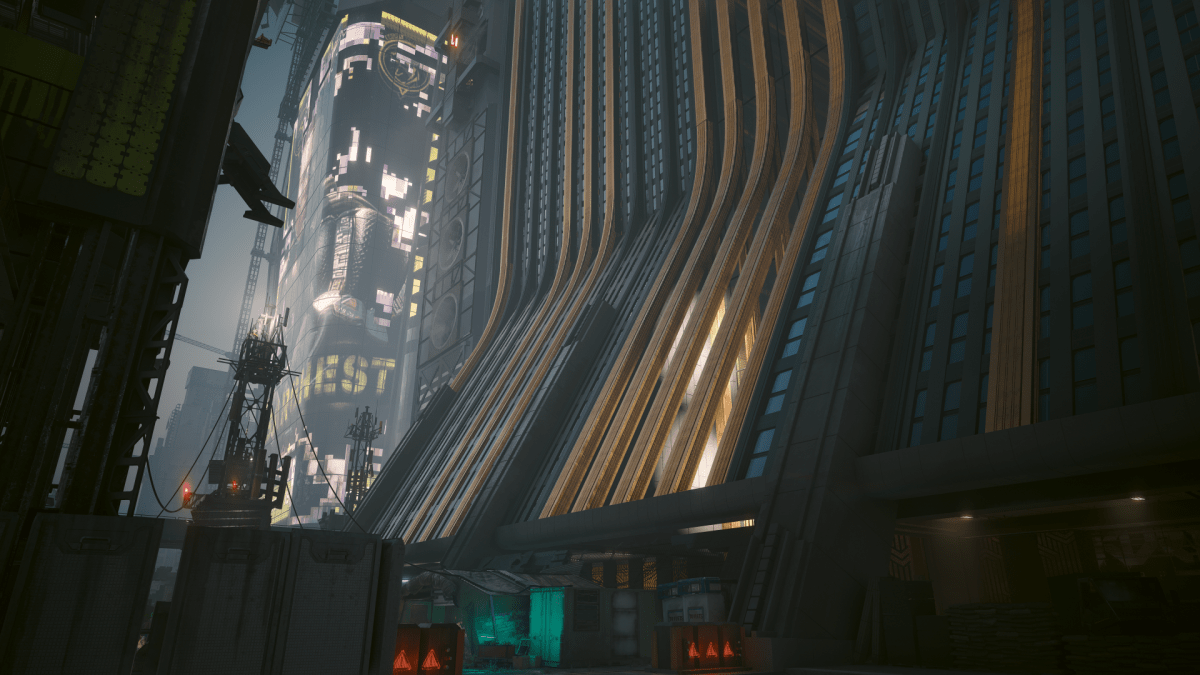


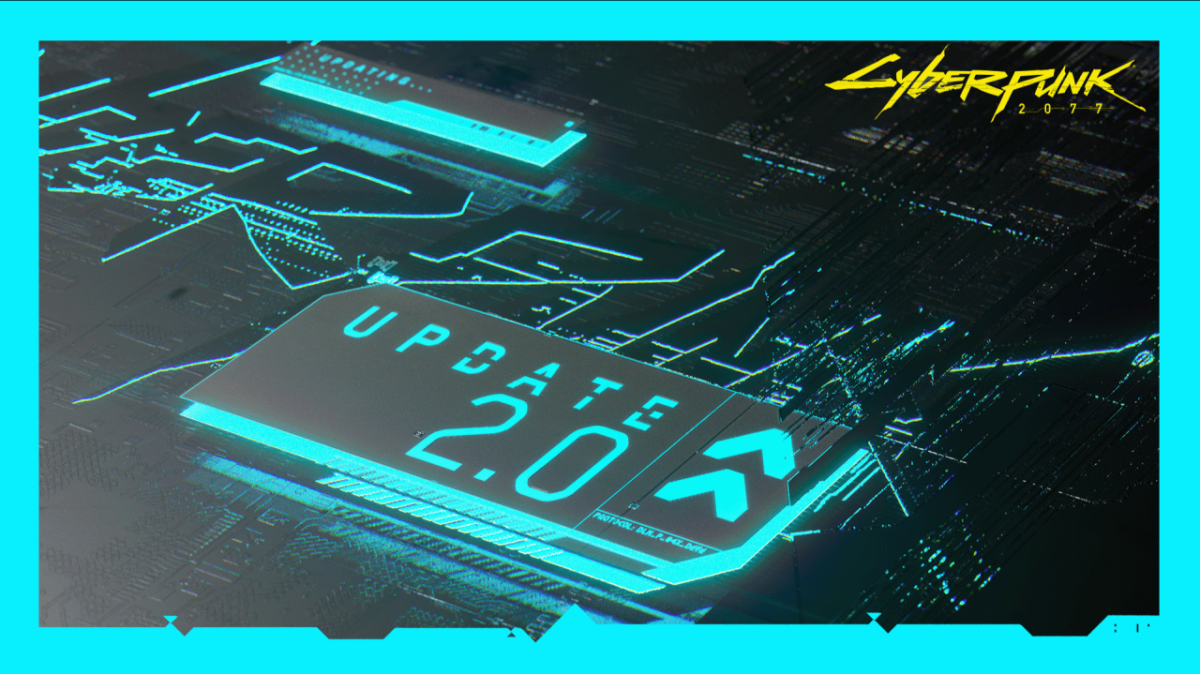
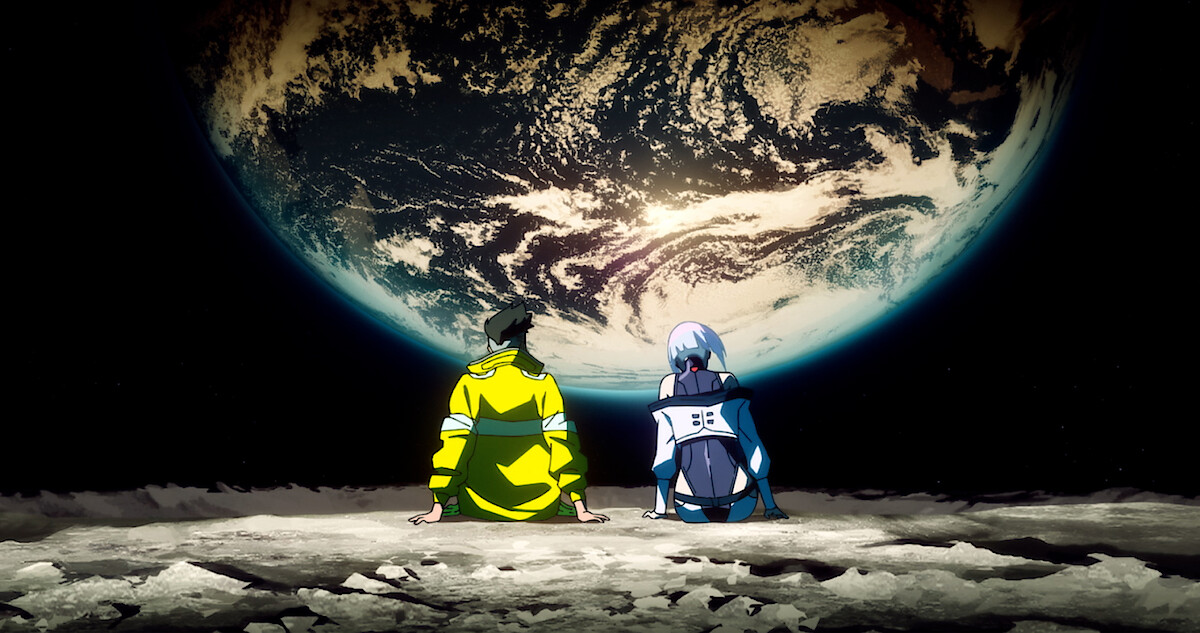
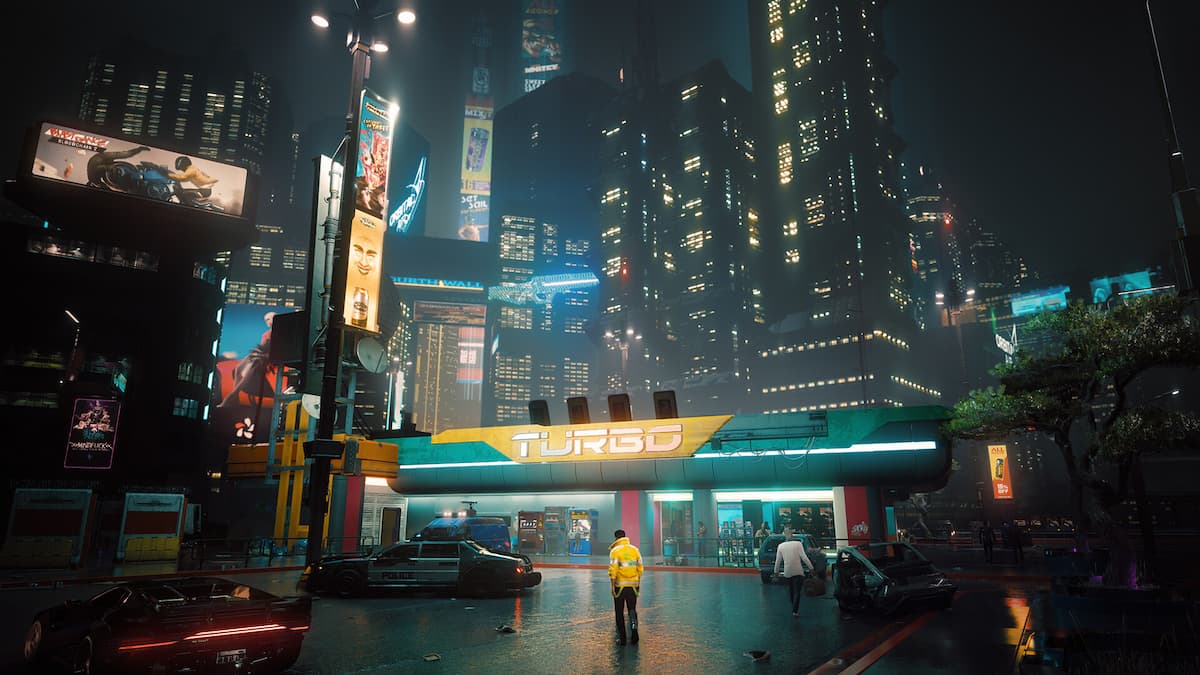

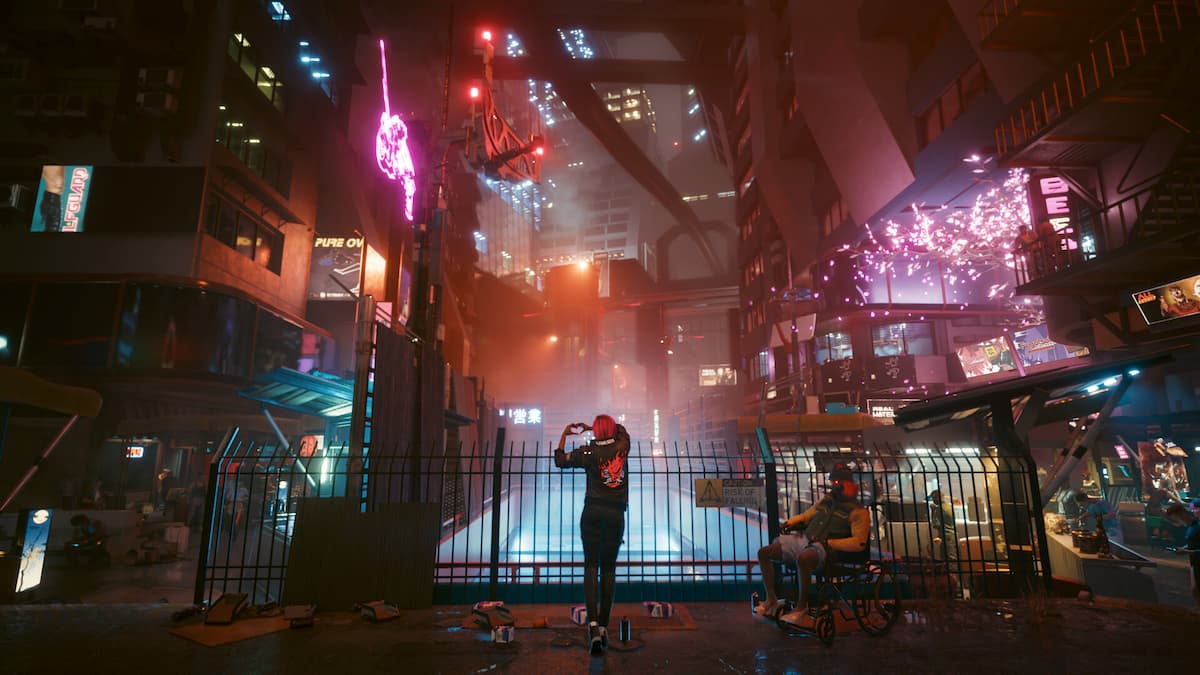

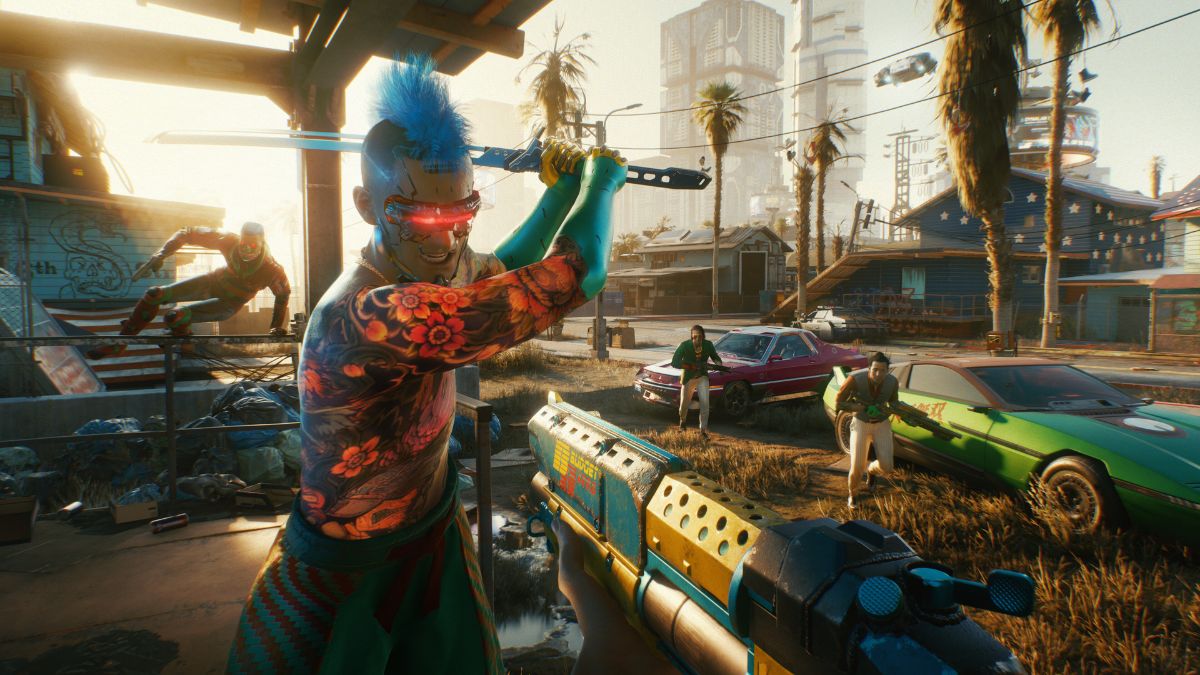

Published: Nov 18, 2023 08:24 pm